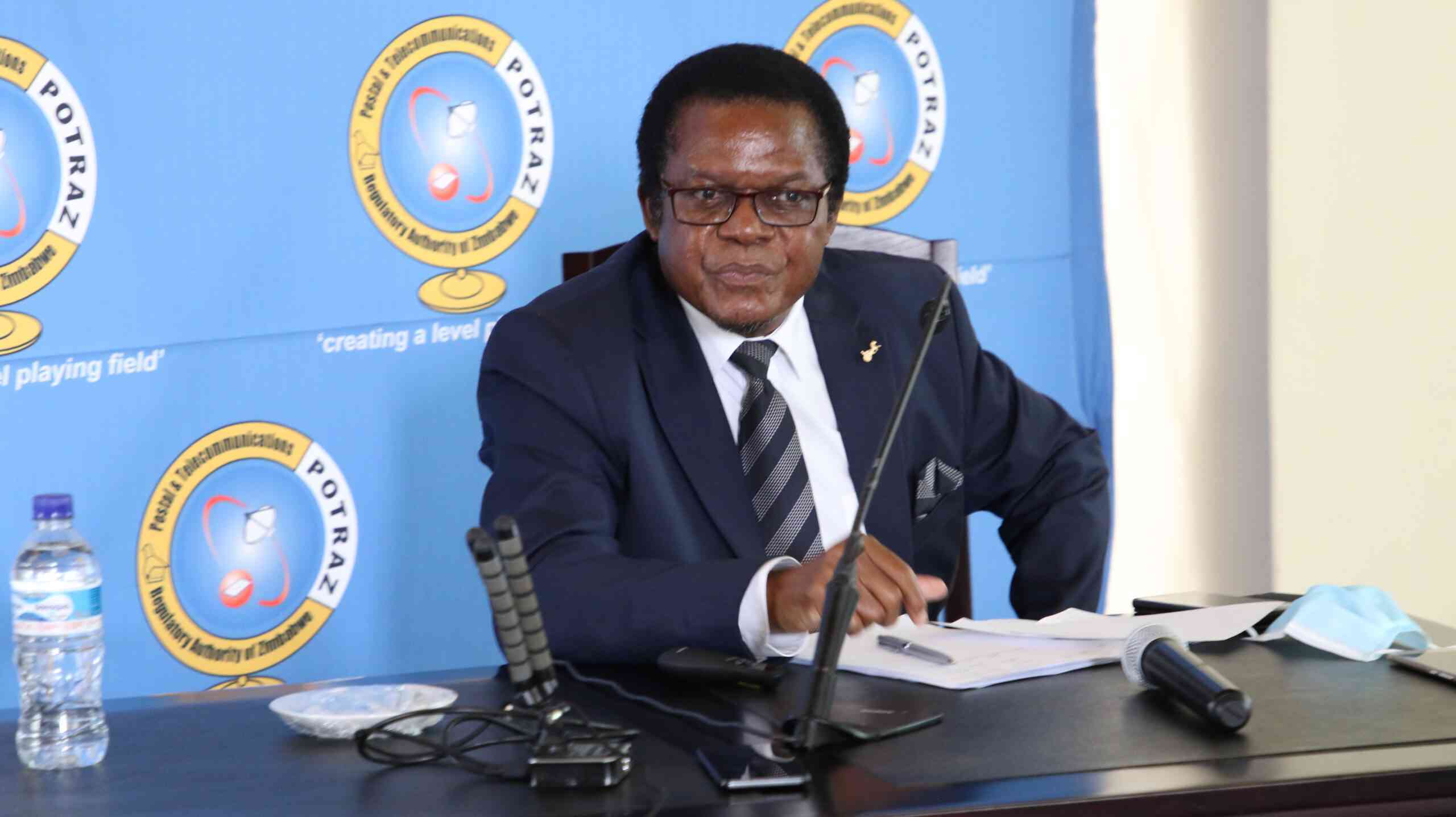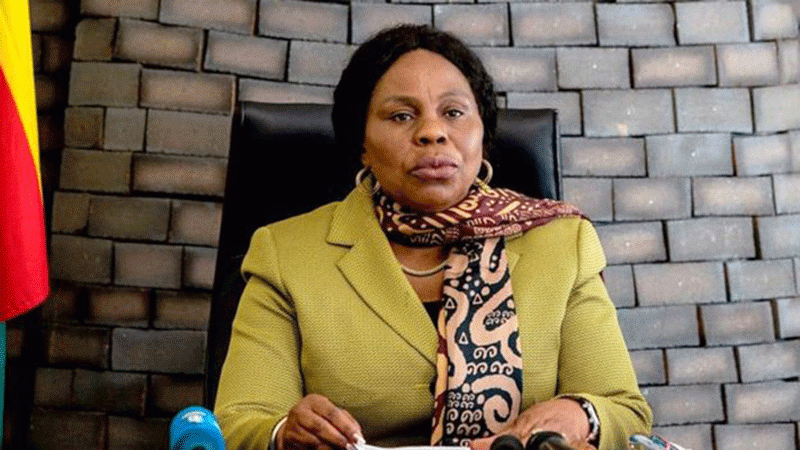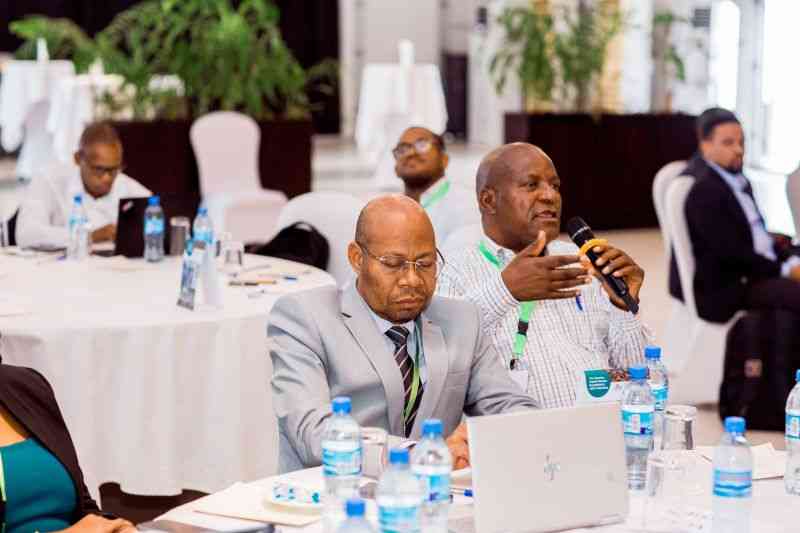
THE Postal and Telecommunications Regulatory Authority of Zimbabwe (Potraz) received a “high number of licence applications” under the converged licencing regime during the first quarter of the year.
The deluge of applications coincided with the licencing of United States-based internet service provider Starlink, which will start rolling out its services next month.
The increase in licence application also came at a time when various players are seeking to exploit the gap in the local market whereby mobile and internet players are charging excessive fees for their data offerings while failing to provide steady service.
Players such as Starlink are looking to capitalise with cheaper internet services and steady data access.
In its first quarter report for the year, Potraz said they expected the increase in licence applicants to drive investment, competition, and innovation in Zimbabwe’s telecommunication industry.
“On a more positive note, the prospects for effective competition are gaining traction as evidenced by the number of licence applications received for various licences under the converged licensing regime,” Potraz said.
“Accordingly, we envisage a significant increase in the number of operators, which is set to enhance competition in the sector, spurred by a high appetite for innovative digital services.
“Indeed, the sector is set for increased investment, competition, and innovation, albeit the negative effects of the El Nino-induced drought.”
- Potraz licences new mobile operator
- Econet raises tariffs to counter rising costs
- Inadequate foreign currency allocations hampering network expansion: Potraz
- Telcos' tariff hikes cripple Zimbabweans
Keep Reading
The inability by local mobile and internet players to offer steady internet at cheaper rates, is attributed to a high-cost structure as seen during the period under review.
“During the period under review, nominal total revenue for mobile network operators (MNOs) grew by 98,11% to reach ZWL2,27 trillion (approximately ZiG 910,46 million) from ZWL1.15 trillion recorded in the previous quarter,” Potraz said.
“However, given the fact that the local currency depreciated by 72.32% in the quarter under review from the previous quarter, coupled with rising trend for the average annual inflation in the first quarter of 2024 of around 45,9%, real growth in revenue was approximately 65,6%.
During the period under review, aggregate operating costs for MNOs grew by 188,28% from $699,8 billion which was recorded in the fourth quarter of 2023, to $Z2,02 trillion (ZiG807,37 million) which was recorded in the first quarter of 2024.
“However, in real terms, total operating costs grew by approximately 140.97% from the fourth quarter of 2023 to the first quarter of 2024,” Potraz said.
“The increase in the cost structure of MNOs was spurred by constant depreciation of the local currency against the USD for the period between the fourth quarter of 2023 and first quarter of 2024 as the local currency depreciated by about 261.29%.”
Potraz said this meant that more of local currency was required to access US dollars in the first quarter of 2024 as compared to the fourth quarter of 2023.
“Resultantly, the costs in local currency increased significantly,” Potraz continued.
But, the regulator expects some stability with the increased usage of the Zimbabwe Gold (ZiG) currency that replaced the Zimbabwe dollar on April 5.
“The introduction of the ZiG currency in Zimbabwe has implications for the telecommunication sector, impacting transactional processes, pricing strategies, and cost structures.
“Telecom operators have been adapting to the transition to the new currency, addressing challenges related to currency conversion, financial reporting, and customer billing,” Potraz said.
“Going forward, the turbulence experienced by the sector in the first quarter is expected to subside on account of improved macroeconomic stability following the introduction of the new ZiG currency, which to date has remained stable.”
During the period under review, mobile voice traffic decreased by 1,32% from 3,11 billion minutes to 3,07 billion minutes while mobile internet or data traffic grew by 24,9% from 46,79 Petabytes to 58,44 Petabytes.










